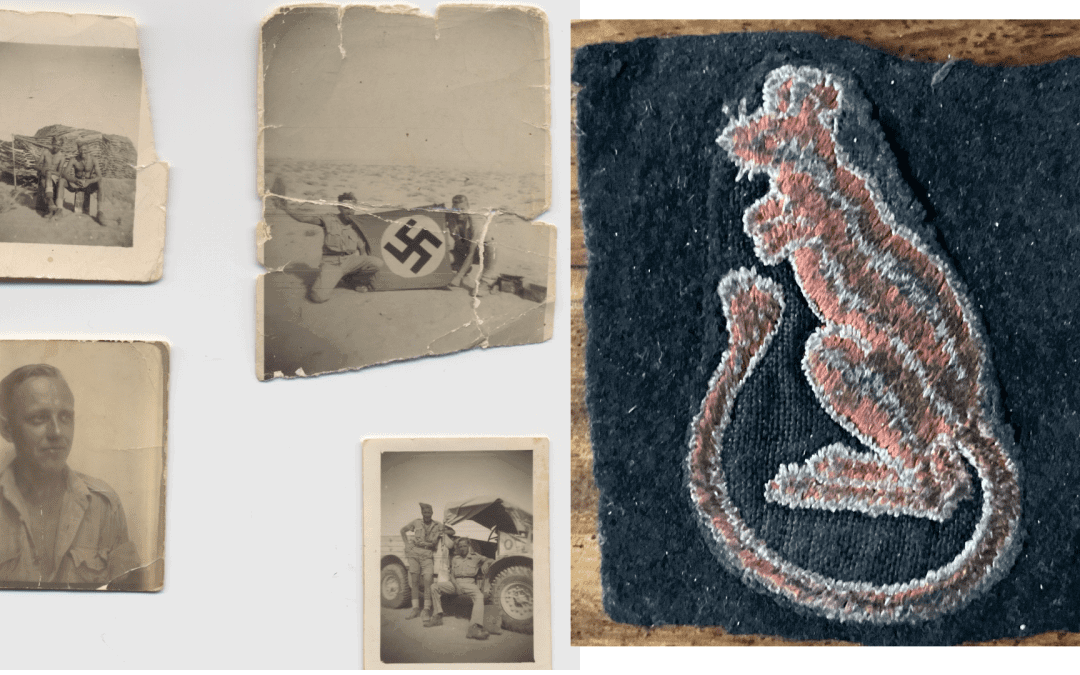Having connected my father with James Bond and Princess Anne, I thought this is a good way of telling his stories. My father was a dispatch rider with the Rifle Brigade in WWII, twice promoted to lance corporal and busted the next day following the celebrations. I’m sure it is because dad was a dispatch rider that I decided Sir Anthony Standen might find becoming a Spanish dispatch rider, a good way of getting his hands on intelligence.
Dad was devoted to his officers, with one exception, John Freeman. Dad said that you had to ask the officer of the day if it was all right to brew up a pot of tea in the morning. With any other officer it was always a simple yes. Exchange salutes and go and make a brew. With Freeman he’d take the cover off his wristwatch. He’d tap the dial three times, then say, “well West. If you walk very slowly back to your vehicle,” three more taps on the watch, “then you may brew up.” He’d replace the cover over his watch, exchange salutes, and dad would return to his vehicle, muttering something under his breath, no doubt.
Dad’s other story about Freeman takes us to Normandy. Dad was driving Freeman in a jeep. They we’re trying to find their unit, having been to HQ. They came to a unit of Scots Guards dug in at the side of the road. Freeman addressed the sergeant of the Scots Guards with “Ah, 1st Battalion Rifle Brigade up ahead, are they?” The sergeant’s reply was “there’s nobody ahead of us but Germans, sir.” “Absolute nonsense, drive on West,” was the response. Dad did as he was instructed until a shell passed through the windscreen, and between their heads, then he did a 180 degree turn and raced back past the Scots Guards as fast as a jeep will go. Major Freeman didn’t say anything for quite some time, he said.
The Rt. Hon, John Freeman was the United Kingdom’s ambassador to the United States from 1969 to 1971, becoming firm friends with Richard Nixon and Henry Kissinger. But from 1959 to 1962 he fronted the BBC interview programme Face to Face. He was an insightful and probing interviewer. He interviewed both Gilbert Harding and Tony Hancock. Both were deeply troubled by questions. Harding was reduced to tears while discussing his mother, and Tony Hancock, it is said, became increasingly self-critical following the interview, leading to his ultimate self-destruction. Both Harding and Hancock endorsed Freeman’s style after the interview.

